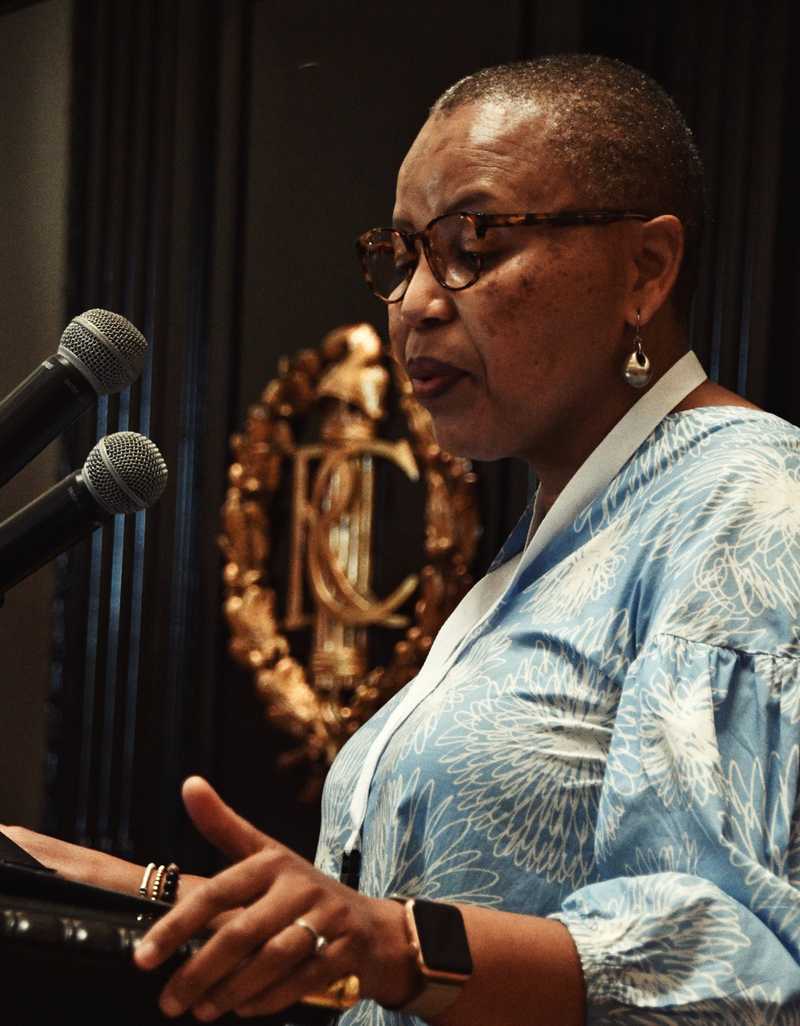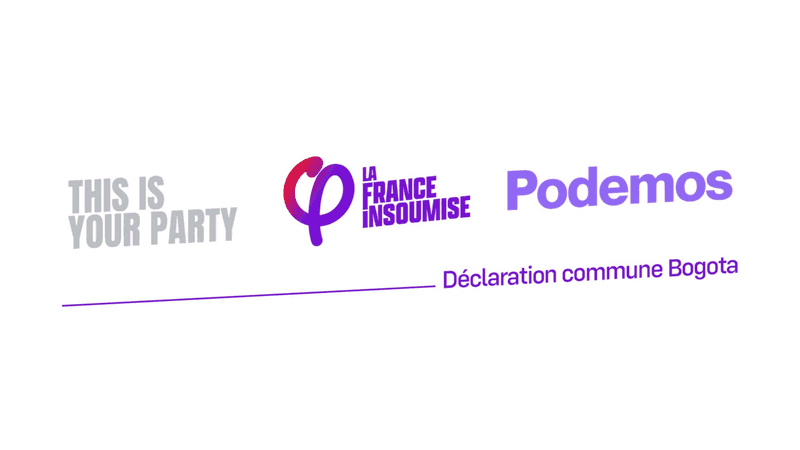
Excellencies, distinguished delegates, dear friends, good morning.
I thank the organisers for inviting SA to this crucial congress that addresses the fundamental challenges facing developing countries 50 years on since the UN Declaration for the Establishment of a new International Economic order.
Since then, the situation has gotten worse. We are facing a fragmented and polarised world, increased levels of poverty, inequality that is on the rise, raging conflicts, and the planet that is under tremendous stress.
Therefore, this meeting is timely and very much needed, to shape the agenda and ideas on what should be addressed along with a concrete action plan.
I will focus my remarks on a perspective of a member state and our views on the development agenda, looking at where it is at, the stumbling blocks and what needs to change.
In that context, South Africa wishes to recognise Cuba for their outstanding leadership of G77 plus China in 2023. The dedication and commitment of resources, despite its own challenges, was commendable.
We are pleased that through the publication “The Current international Economic Order: An Obstacle to development”, Cuba is harvesting the knowledge, experience and insights gained during that period, for the benefit of all of us. Thank you for coming to the UN, DM Fernandez de Cossio.
Cuba’s chairing of G77 and China culminated in a successful South Summit in Kampala in December, and we are now under the able leadership of Uganda.
Colleagues, today, nothing is more pressing than confronting and addressing the high levels of poverty and inequality.
In 2015, the world came together to agree on a development framework following the Millenium development goals.
We collectively adopted the 2030 Agenda, with its 17 Sustainable Development Goals. This was meant to be a blueprint for development, and a framework we could use to channel our efforts and international cooperation to defeat poverty, hunger, poor health, and many other challenges the world faces.
We now know that, just 6 years before 2030, the world is woefully failing in addressing the goals that we have set for ourselves.
At this juncture, only 15% of the SDG targets have been met.
Poverty amidst plenty is a violation of human rights. But despite having a legal obligation to address sustainable development, and many summits and pledges, we have been witnessing a historic reversal in development gains, which actually precedes COVID. As I said earlier, poverty and hunger are on the rise for the first time in a generation. Shockingly 3 billion people still cannot afford a healthy diet. One in 5 children worldwide are stunted. Nearly half of deaths in under-5’s are linked to undernutrition.
Financing challenges are at the root of this crisis. The SDG financing gap is getting wider. According to the 2024 Financing for Sustainable Development Report (FSDR), an additional 4tn is needed annually to invest in SDGs in developing countries.
While the need is greater than ever before, finance flows to developing countries fell by almost half in 2022 to their lowest level in years.
Perversely, this is happening against a backdrop of huge and persistent transfers of financial resources out of developing countries, amounting to trillions since the first Monterrey conference on Development Finance in 2002.
We are facing a debt crisis. Many developing countries have been forced into debt following the COVID, conflicts and climate crises. The financing gap is growing wider with developing countries paying on average double in interest on their sovereign debt stock prior to Covid. Many are spending more on servicing debt, than they are spending on education or health.
Alongside the UN Tax convention, we urgently need a debt authority that is fair and just and that will eliminate devastating credit risk assessments applied to developing countries.
In addition to ensuring net positive flows to developing countries, reforming the international financial architecture must be our priority.
In the words of the UN Secretary General: ‘Today’s architecture is outdated, dysfunctional and unfair. It favours the rich countries that designed it nearly 80 years ago.’ ‘Without fundamental reforms, the richest countries will continue to pile up wealth, leaving crumbs for communities and countries of the Global South.’
The UNSG has called for a new Bretton Woods moment and we are fully behind him. This may be a good start, but what we really need is a UN Conference to work out the details of a truly inclusive New International Economic Order, to implement the positive and negative rights and duties contained in the Draft Convention on the Right to Development.
Such an agreement would be a worthy outcome of the Summit of the Future if developed countries were truly sincere about global justice. It would genuinely address the harms caused to developing countries by the international system, including unilateral coercive measures; unfair intellectual property and trade rules, including the new green protectionism; the lack of a legal instrument to regulate transnational corporations; and the raft of financial, trade and tax abuses that have been sucking trillions out of the South.
The reality is that developed countries are draining out many times more than they give in aid, loans and investment in developing countries.
It is only if we address the extractive infrastructure that has been put in place over the last 500 years by those at the apex of the international system that we can address the current situation of reverse-development and give developing countries a fair chance to develop under their own steam.
Last week the UN ECOSOC adopted the Ministerial Outcome document on FFD during the Financing for Development Forum in NY.
The FFD process was set up in 2002 after it was realised that the series of major UN development and environmental conferences of the 90’s were not delivering, due to a lack of finance and the provision of other means of implementation.
For the first time, with South Africa as co-facilitator, we ensured that this outcome document on FFD pronounces itself on the harmful practices of sanctions-UEMs. This was achieved despite serious opposition from our partners on the other side. And for the first time, the Ministerial outcome document was voted on because of this inclusion.
G77 and China came together in a very strong way, and together `we ensured that our objective was achieved.
It is therefore crucial that we harmonise our positions on all the key issues above, well ahead of the 4thWorld Conference on FFD taking place in Madrid in July next year, and the Summit of the Future in September.
I would like to conclude by addressing what is going to be a new driver of poverty and inequality in the future, the digital divide.
As the world progresses further and further into the 4th Industrial Revolution, digital technologies will feature more prominently in all spheres of our lives. Digital and frontier technologies such as artificial intelligence offer a means of accelerating the implementation of Sustainable Development Goals, whose key focus is the Global South.
Countries and regions of the world that are not part of this digitalised era face the threat of being left behind.
It is against this background that the UN is currently seized with negotiations on the Global Digital Compact. It is my firm view that the primary purpose of the Global Digital Compact should be to advance, and enhance, implementation of the 2030 Agenda.
It should prioritise eliminating digital divides worldwide, give the United Nations a central role in digital governance and promote innovative localization initiatives in developing countries.
It should further define actions that will facilitate the closing of gaps experienced in digital technology, infrastructure, and data skills.
As we do this, let us keep in mind Gaza, its bombardment, and its recovery.
I thank you.




